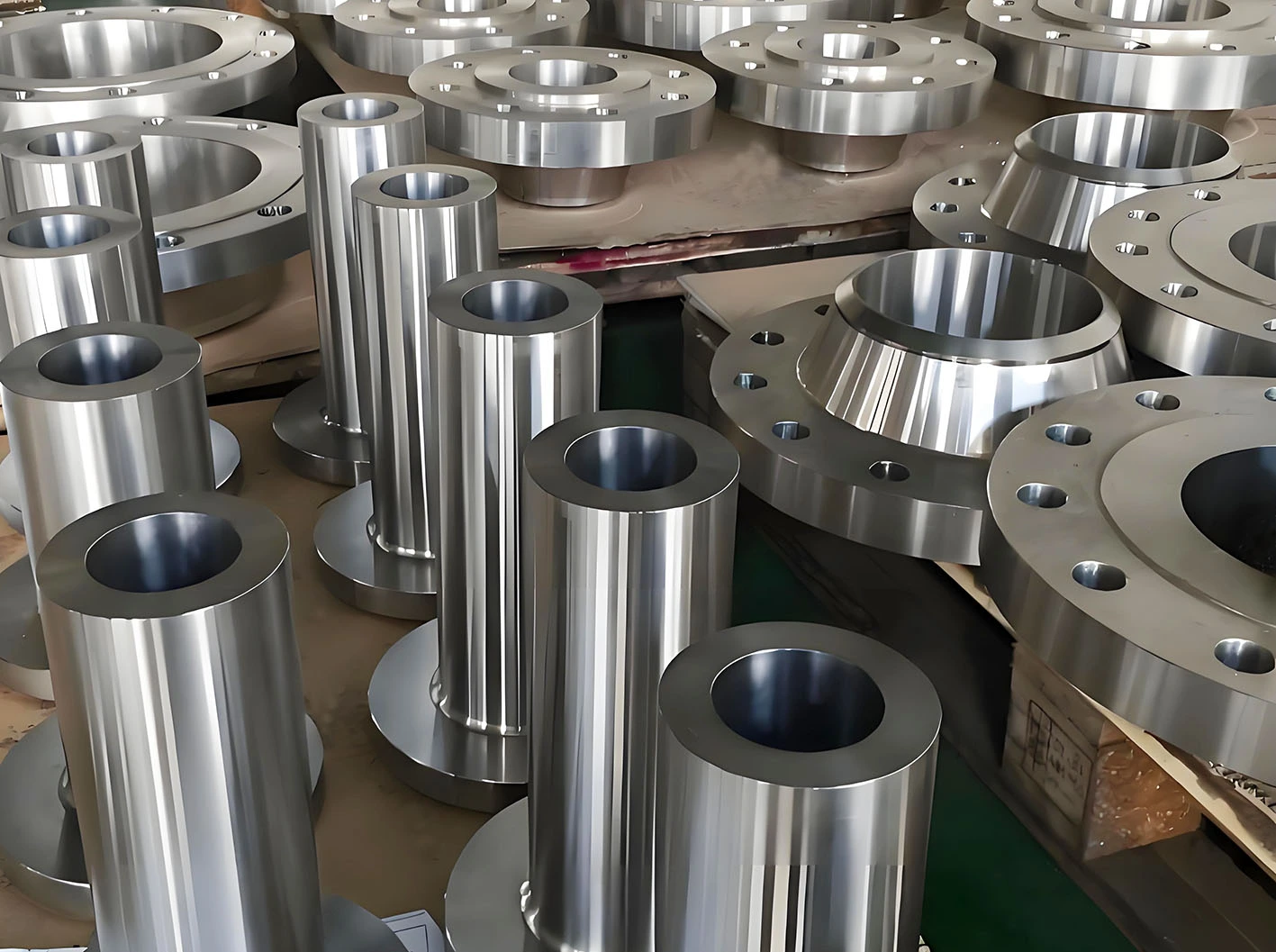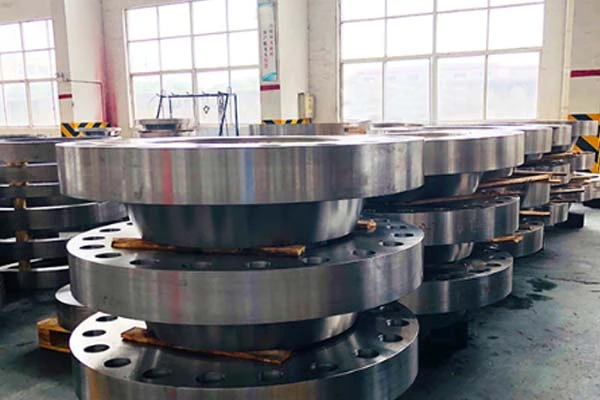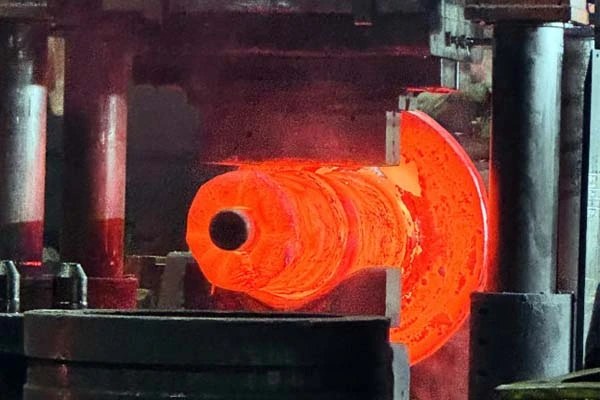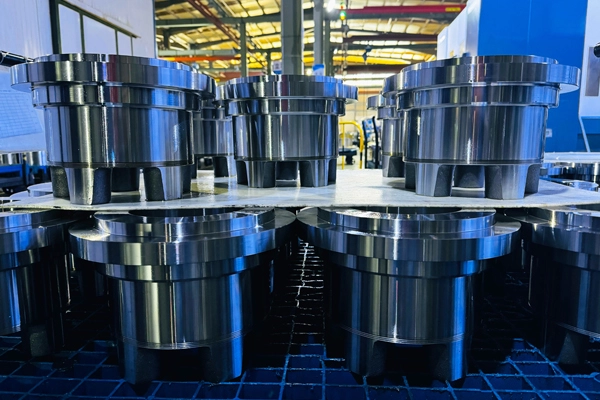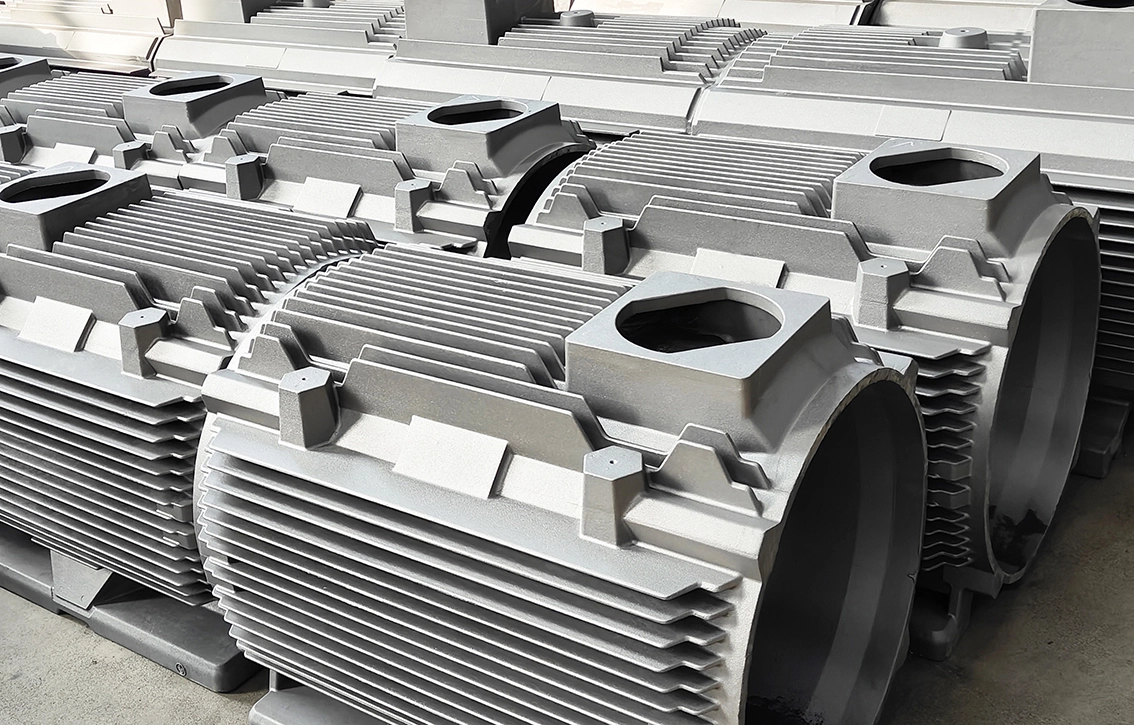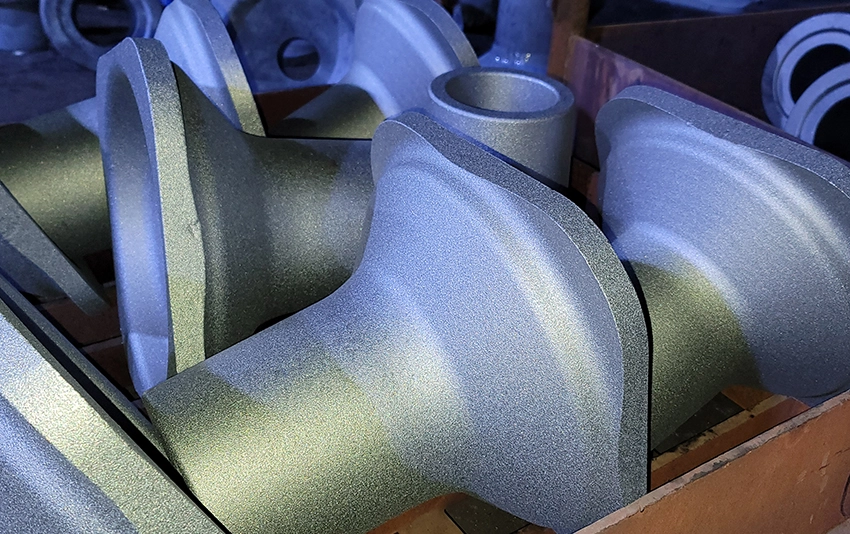-
Services
Stainless Steel Sand Casting Iron Sand Casting ADI Castings Copper Sand Casting Ductile Iron Sand Castings White Iron Sand Castings Resin Sand Casting Steel Sand Casting Vacuum Lost Foam Casting Furan Sand Casting Water Glass Sand Casting Vacuum Sand Casting Gravity Sand Casting Aluminum Sand Casting Brass Sand Casting
-
Custom Parts
Centrifugal Casting Pipes for Reformer Heaters Centrifugal Cast Bends for Industrial Heating Systems High-Performance Manifolds for Delayed Coking Heaters Centrifugal Cast Tubes for Reactor Charge Heaters Custom-Cast Convection Modules for Continuous Reforming Heaters Air Pre-Heater Tubes Made from Centrifugal Casting Centrifugal Cast Pipe Fittings for High-Pressure Systems Centrifugal Cast Alloy Pipes for High-Corrosion Environments Customized High-Temperature Alloy Bends for Industrial Use Centrifugal Cast Pipe Joints for Heavy Industrial Equipment High-Nickel Alloy Centrifugal Casting Pipes for Chemical Plants Precision Centrifugal Cast Pipes for Oil Refining Applications Centrifugal Cast Heat Exchanger Tubes for Petrochemical Industries High-Strength Centrifugal Casting Components for Power Plants 15 Centrifugal Cast Fittings for Vacuum Pressure Fire Heaters
- Why Walkson
- Resources
- Blog
- Contact Us
 English
English  Deutsch
Deutsch  français
français  русский
русский  فارسی
فارسی  العربية
العربية  Español
Español  日本語
日本語  한국어
한국어  italiano
italiano  português
português  dansk
dansk  Suomi
Suomi 





